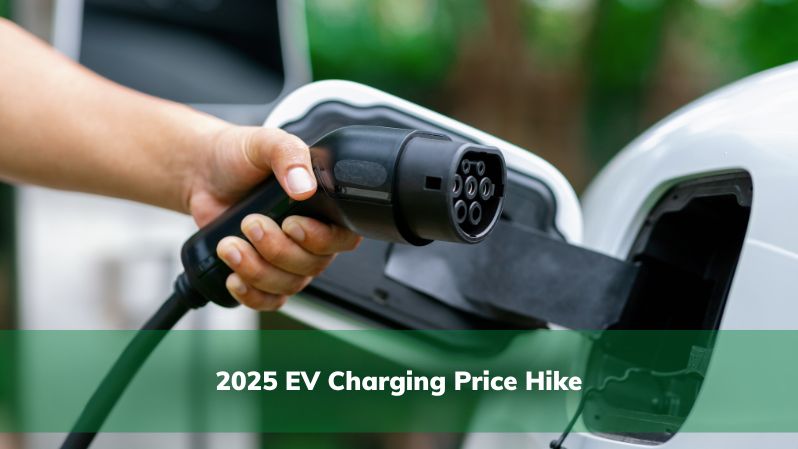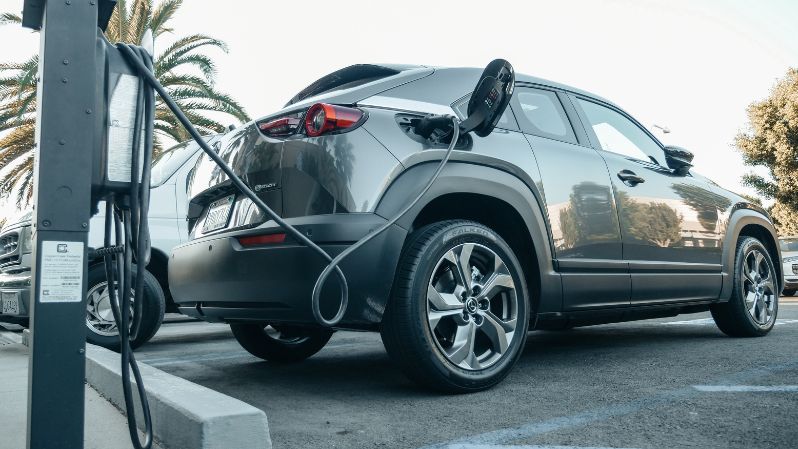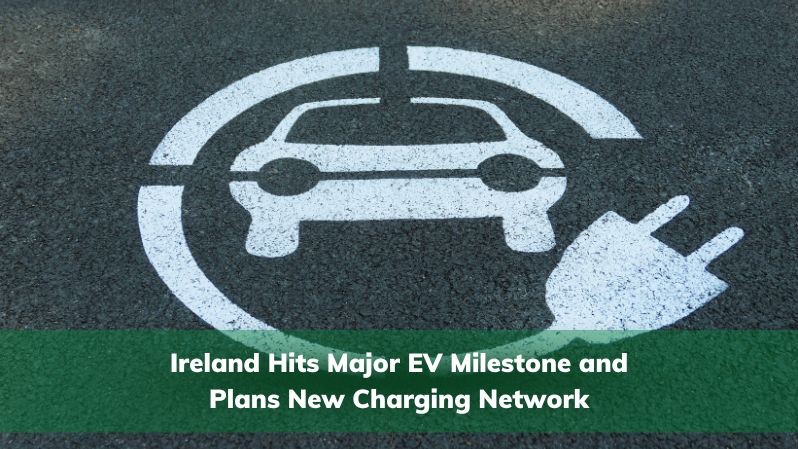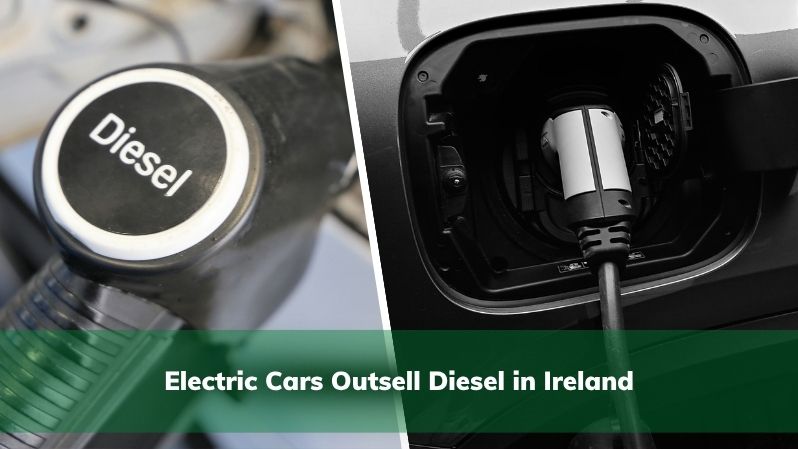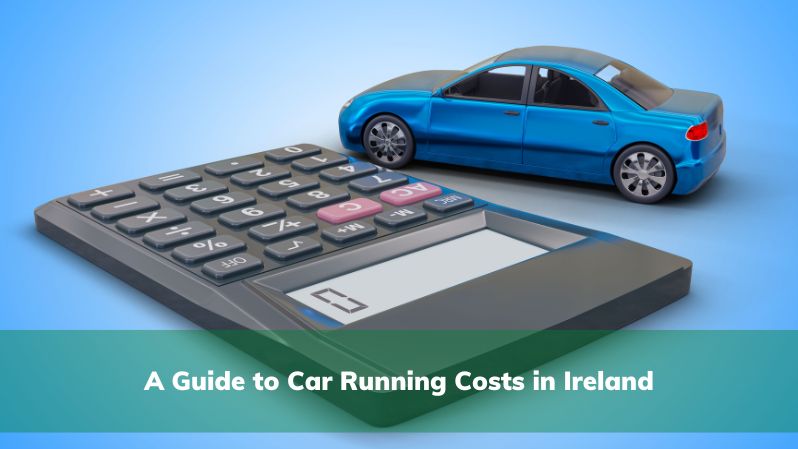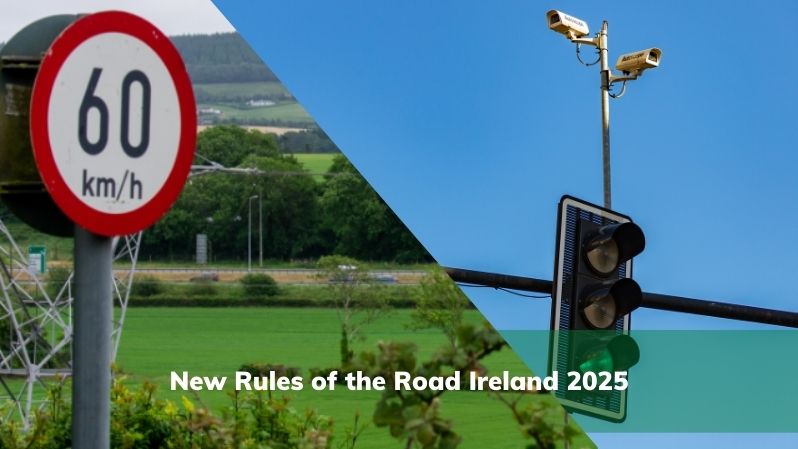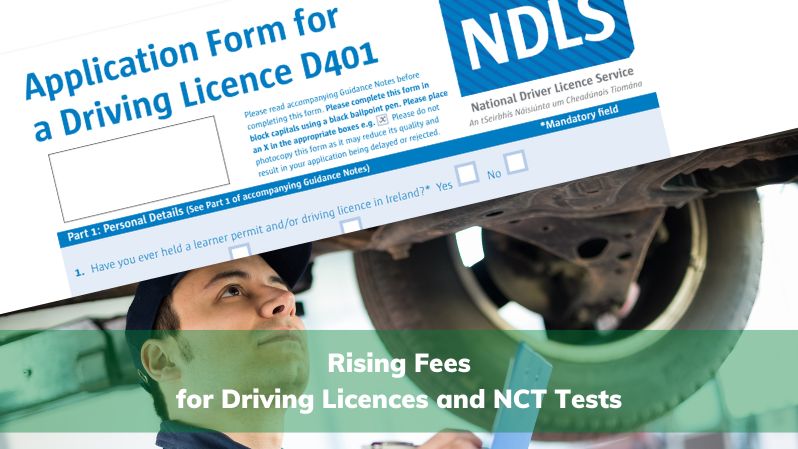The recently announced EV charging price hike is set to impact thousands of car owners in Ireland. For anyone with an EV, or thinking of buying one, it’s a change that goes beyond just running costs. From budgeting for trips to factoring in electric car insurance costs, this increase could have a big impact. It may change how drivers’ approach both their daily and long-distance charging.
Why EV Charging Prices Are Going Up in 2025
Public charging providers, including ESB, are adjusting tariffs from early 2025. This EV charging price increase is linked to higher energy costs and infrastructure investment. It also reflects network upgrades to meet growing demand. While improved facilities are welcome, the higher cost per kWh could push charging bills higher for some drivers. In some cases, they may even exceed the cost of petrol for equivalent mileage. The recent EV charging price hike highlights just how quickly running costs for electric vehicles are shifting.
How Much Will It Cost?
Current projections suggest that the EV charging price in 2025 for ESB rapid and high-power chargers will increase by up to 15%. This increase will particularly affect pay-as-you-go customers. While home charging may remain cheaper, those relying on public infrastructure could see costs add up quickly. This is especially true if most of your charging happens away from home.
ESB EV Charging Price Changes: What It Means for Public Charging
For urban commuters who can charge overnight at home, the changes may have a limited effect. However, rural drivers, business travellers, and those without off-street parking may feel the pinch. A higher EV charging price could narrow the gap between EV and petrol/diesel running costs. This may reduce one of the main financial incentives for switching to electric. This EV charging price hike underlines the need for careful planning of public charging use.
Could Charging Become More Expensive Than Petrol?
Experts warn that the EV charging price hike could make some sessions more expensive per km. This could mean EV drivers pay more than they would for petrol. This is especially true for high-power charging on motorways. The EV charging price increase highlights the importance of planning charging stops strategically. Drivers can mix slower destination charging with faster top-ups only when necessary.
What This Means for Insurance and Resale Value
While charging costs don’t directly change insurance rates, affordability can influence the wider EV market. If running costs rise, fewer people may buy second-hand EVs, which could push prices and insurance premiums higher. That said, Ireland’s infrastructure is still expanding, and policy incentives remain strong. So, EV ownership continues to have long-term appeal.
Looking Ahead
By 2025, the ESB EV charging price changes will be just one of the ways driving electric cars is evolving. New technology, competitive networks, and smart charging solutions may help balance the impact of the EV charging price increases over time. For now, the best approach is to stay informed, budget ahead, and take advantage of off-peak or home charging whenever possible.
Thinking about EV ownership or already driving electric? Make sure you’ve got the right cover in place. At Insure My Cars, we can help you find competitive EV insurance tailored to your needs. Get your quick quote today.

